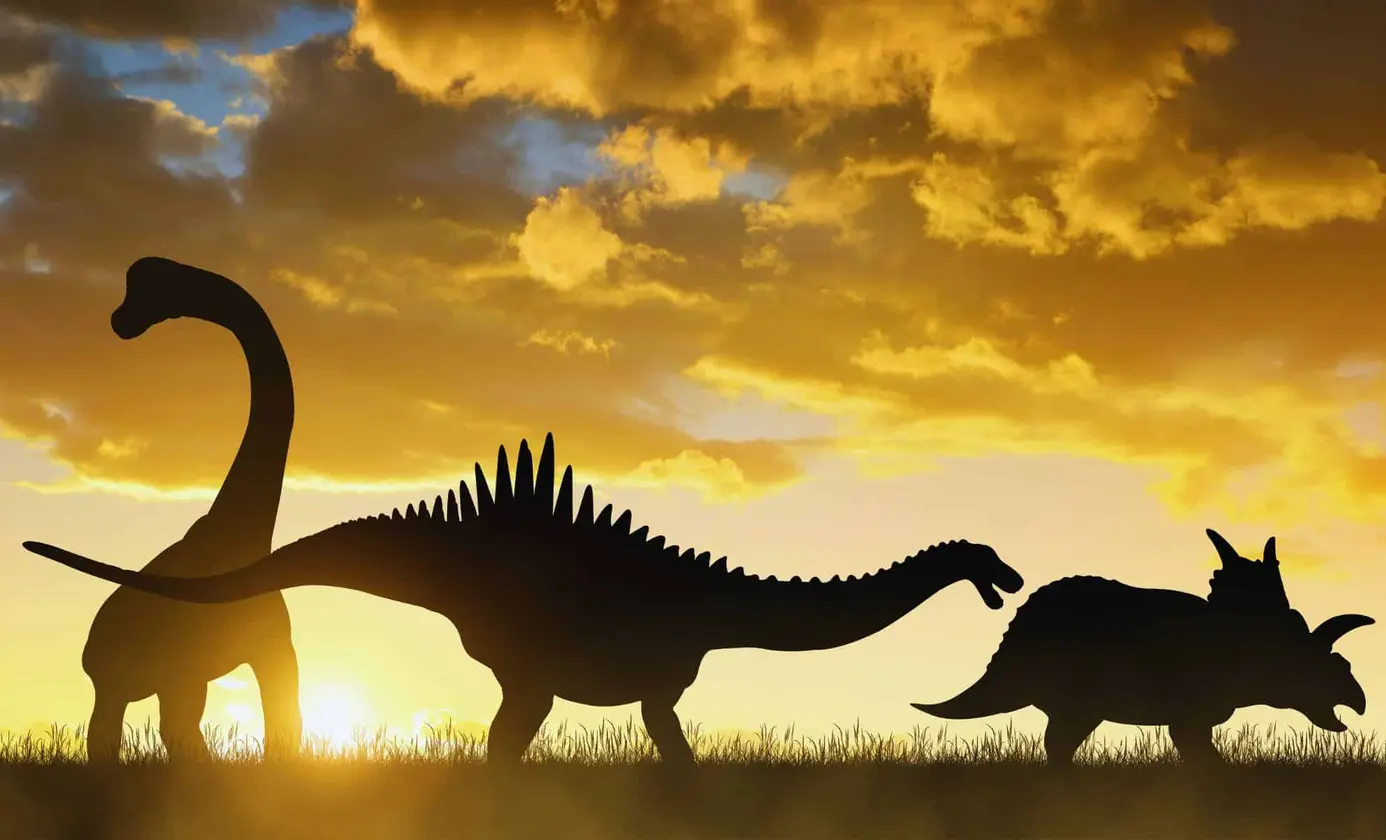T4K3.news
Rare Fossil Ant Discovery Changes Evolutionary Theory
A 16-million-year-old ant fossil found in amber reshapes understanding of ant evolution.
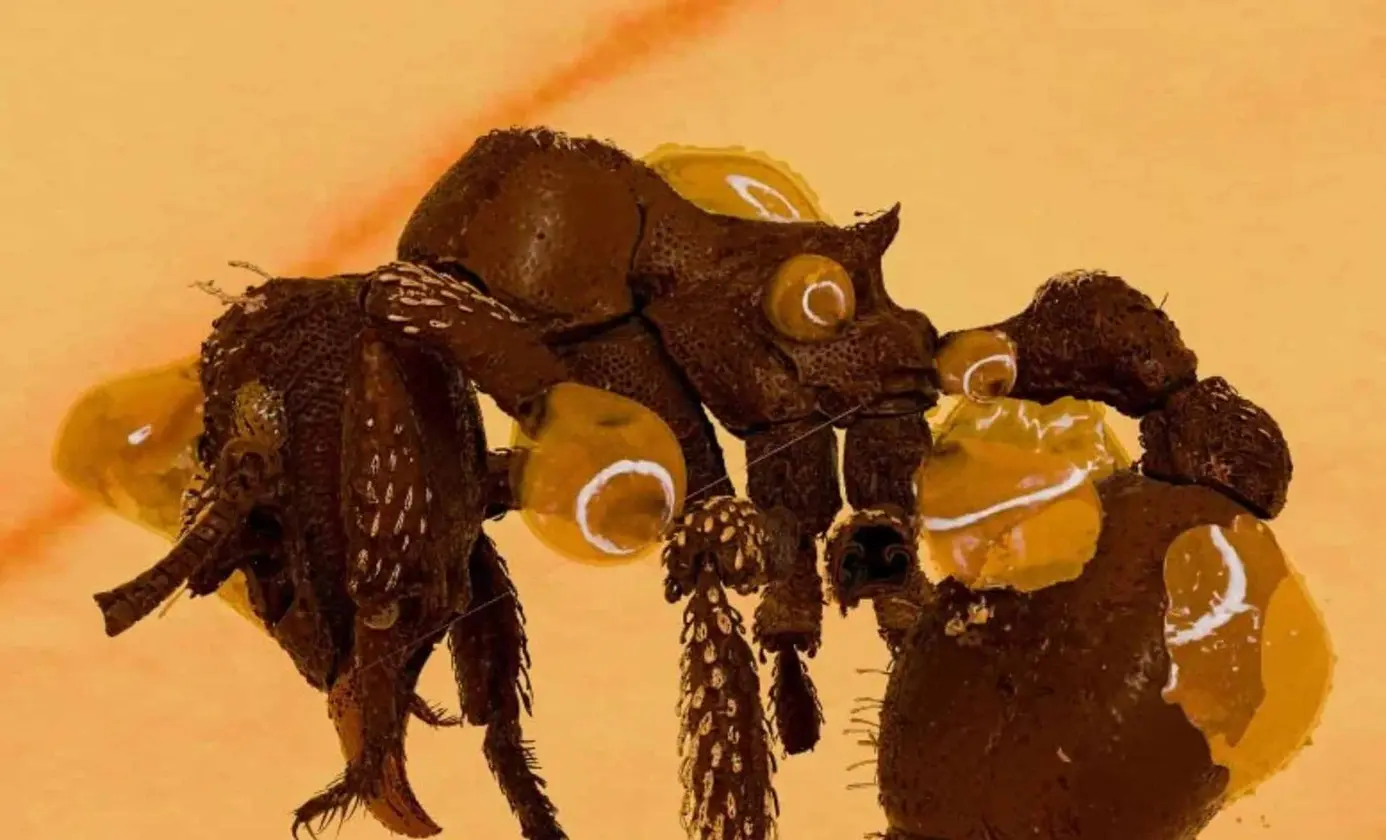
A rare fossil ant found in amber rewrites the story of ant evolution and survival.
Tiny Fossil Discovery Alters Ant Evolution Understanding
A newly identified 16-million-year-old fossil ant, preserved in Dominican amber, has shocked researchers and changed views on ant evolution. The fossil, named Basiceros enana, provides the first conclusive evidence that these ants once inhabited the Caribbean before vanishing during the Miocene epoch. Scientists from the New Jersey Institute of Technology describe the find as exceptionally rare, comparing it to finding a diamond. Previously thought to have evolved solely in South America, this discovery indicates that Basiceros ants roamed Caribbean islands, raising questions about their ancestral habitat. The research demonstrates how environmental changes and competition led to their decline, offering insights into today's species extinction risks.
Key Takeaways
"Fossils like this challenge our assumptions about biogeographic history."
Phil Barden discusses the significance of the Basiceros enana fossil discovery.
"This fossil is a missing piece in a larger puzzle."
Gianpiero Fiorentino explains the implications of the fossil for understanding extinction.
This significant finding not only sheds light on the evolution of Basiceros ants but also underscores broader themes in evolutionary biology. By excitingly overturning prior assumptions about ant ancestry, it showcases the dynamic nature of evolutionary narratives. The use of advanced imaging techniques to study ancient fossils highlights the blend of technology and biology in contemporary research, propelling our understanding of historical life forms. The disappearance of these ants serves as a cautionary tale, reminding us of the vulnerabilities many species face today amid rapid environmental changes, with implications for conservation efforts.
Highlights
- Finding a fossil like this is like finding a diamond in science.
- This discovery shows that evolutionary history is full of surprises.
- Fossils don't just fill gaps; they rewrite history.
- Understanding extinction helps us protect living species.
Concerns About Species Extinction
The research highlights risks of current species extinction due to environmental changes and competition, raising concern over biodiversity loss.
As researchers continue to explore the implications of this fossil find, the story of Basiceros enana will likely evolve further with new discoveries.
Enjoyed this? Let your friends know!
Related News
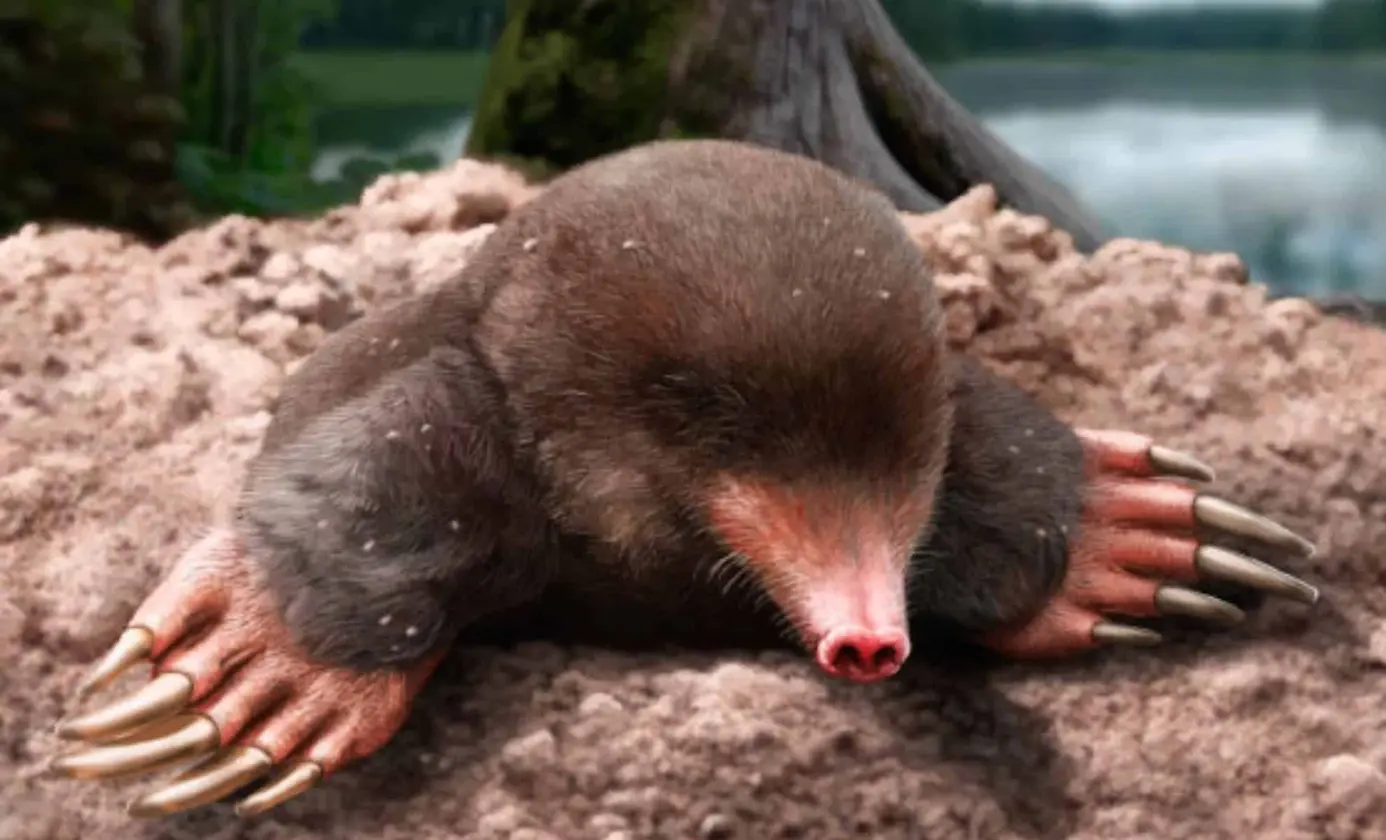
New Mole Fossil Found That Changes Evolution Understanding
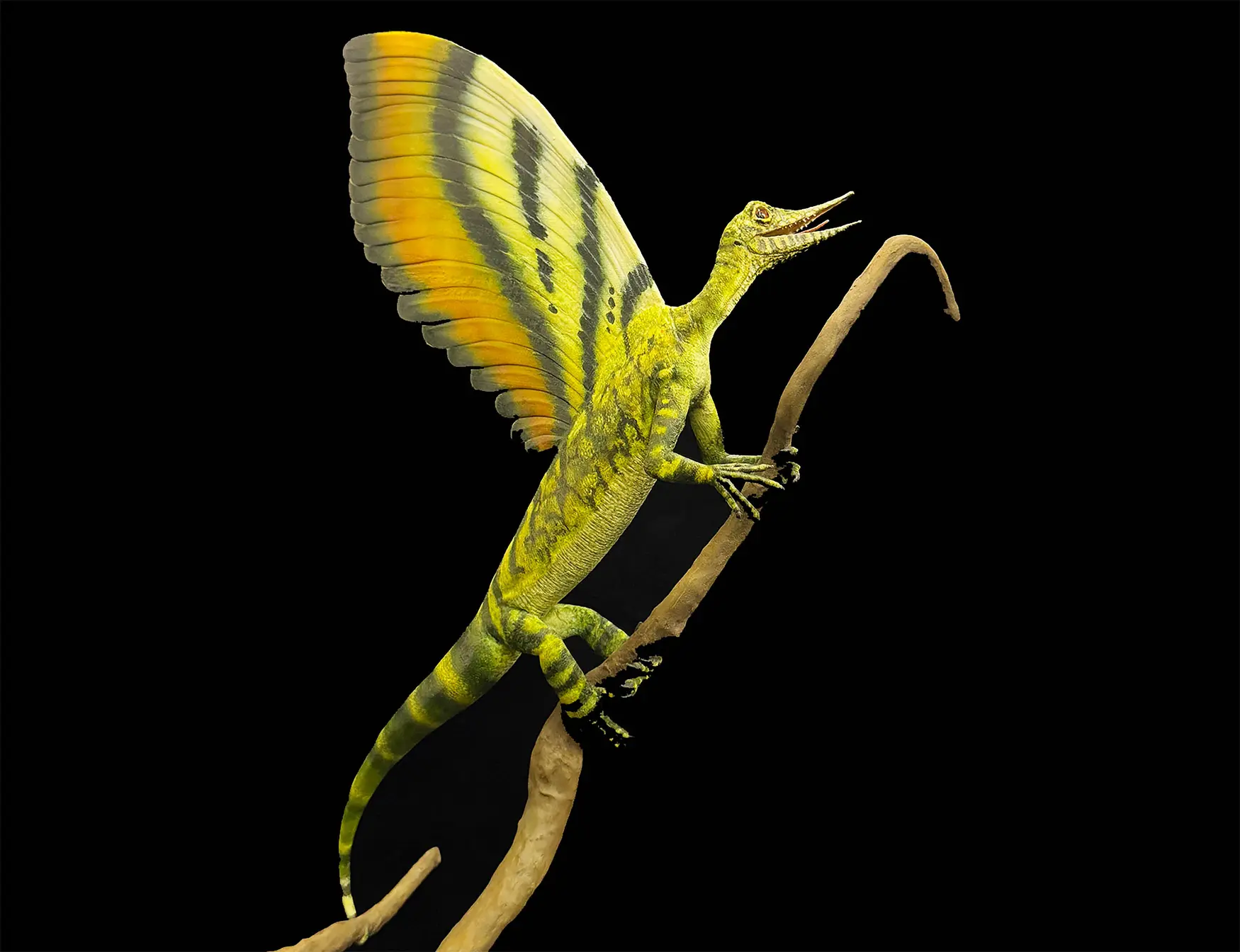
New fossil discovery challenges reptile evolution theories
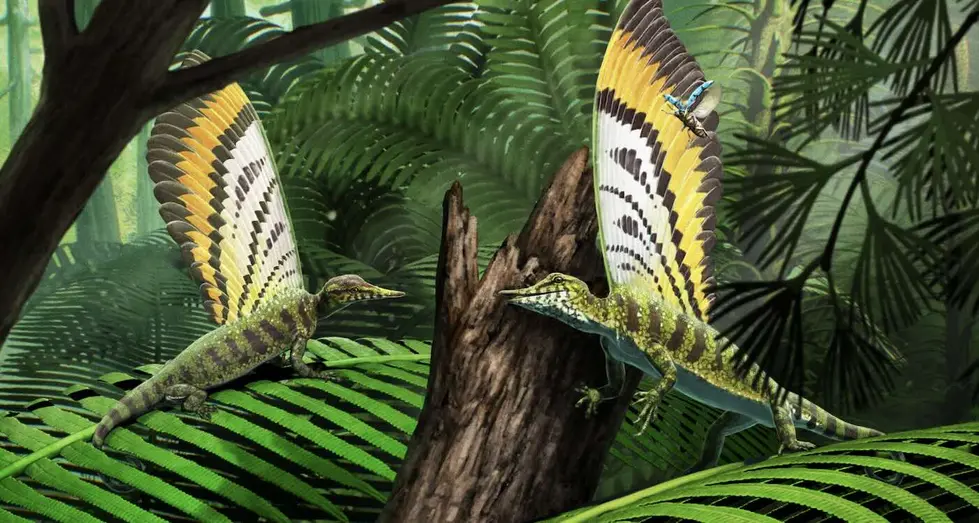
New Triassic reptile discovery changes views on feather evolution
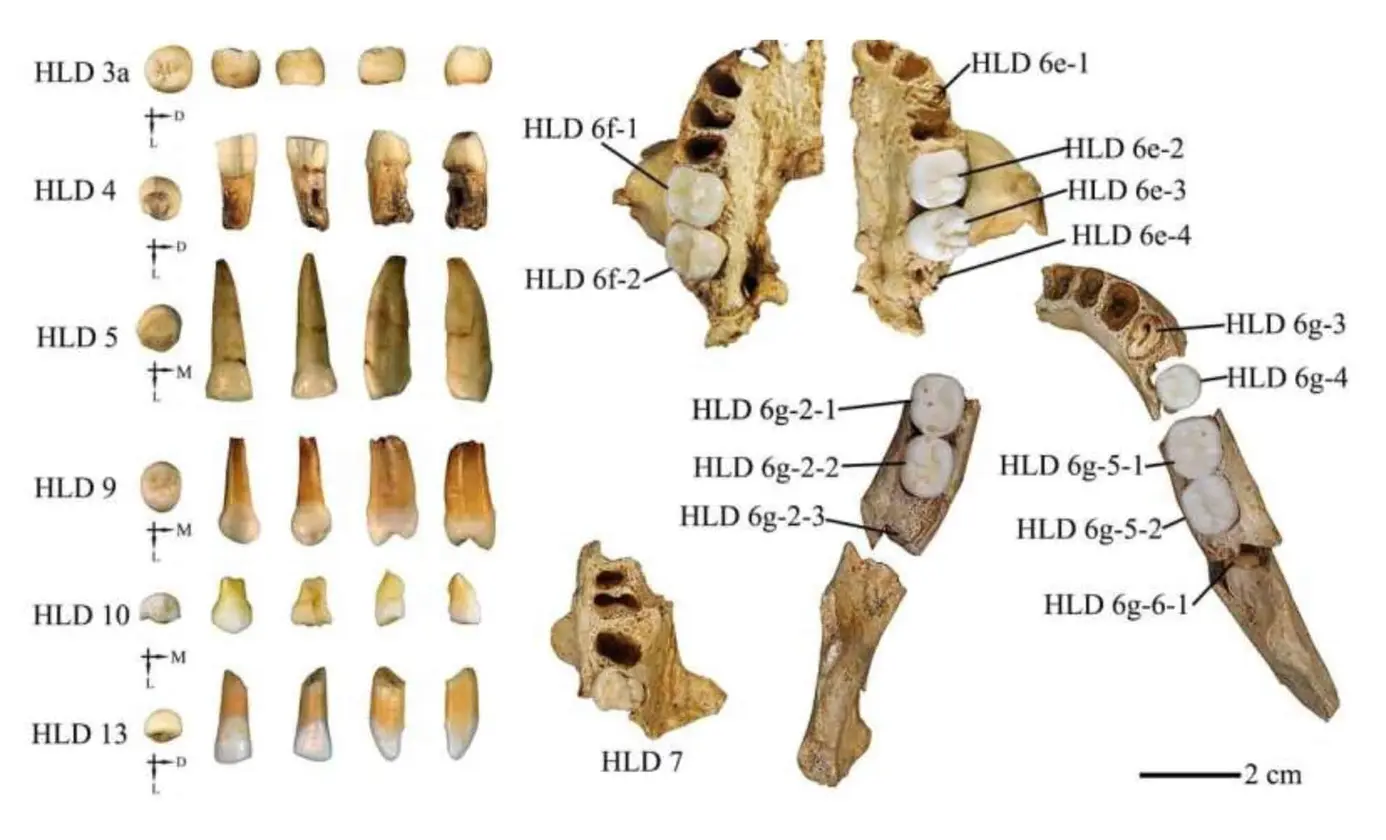
New Fossils in China Upend Human Evolution Theories

Ancient plesiosaur unearthed after decades in museum vault

Discovery in Grand Canyon challenges views on life's origins

Dinosaur fossil found underneath a Denver museum’s parking lot

New fossil discovery changes views on early dinosaurs
